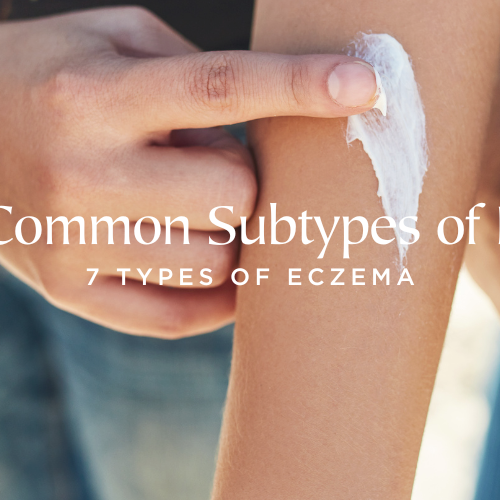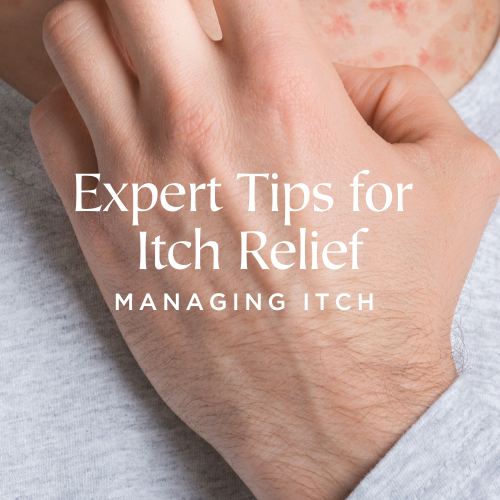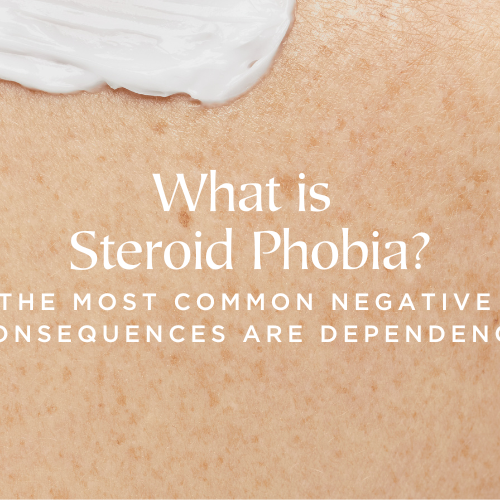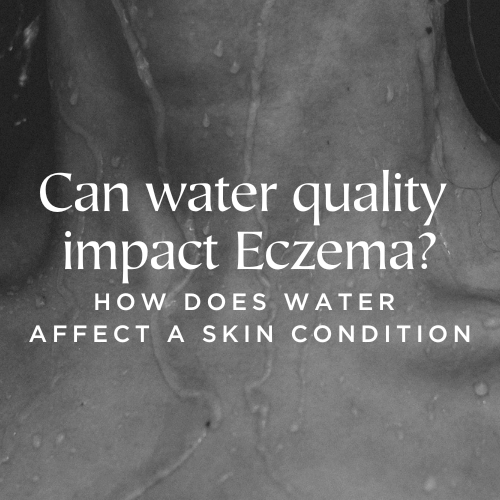
7 types of Eczema
Broadly speaking, eczema is characterized by visible traits like redness, bumps, blisters, and weeping lesions. The word "eczema" has roots in Greek, from the word eczema, composed of ekzein (boil over, break out), but each unique sub-category of eczema has different sets of causes, symptoms and skin morphology.
Read now








